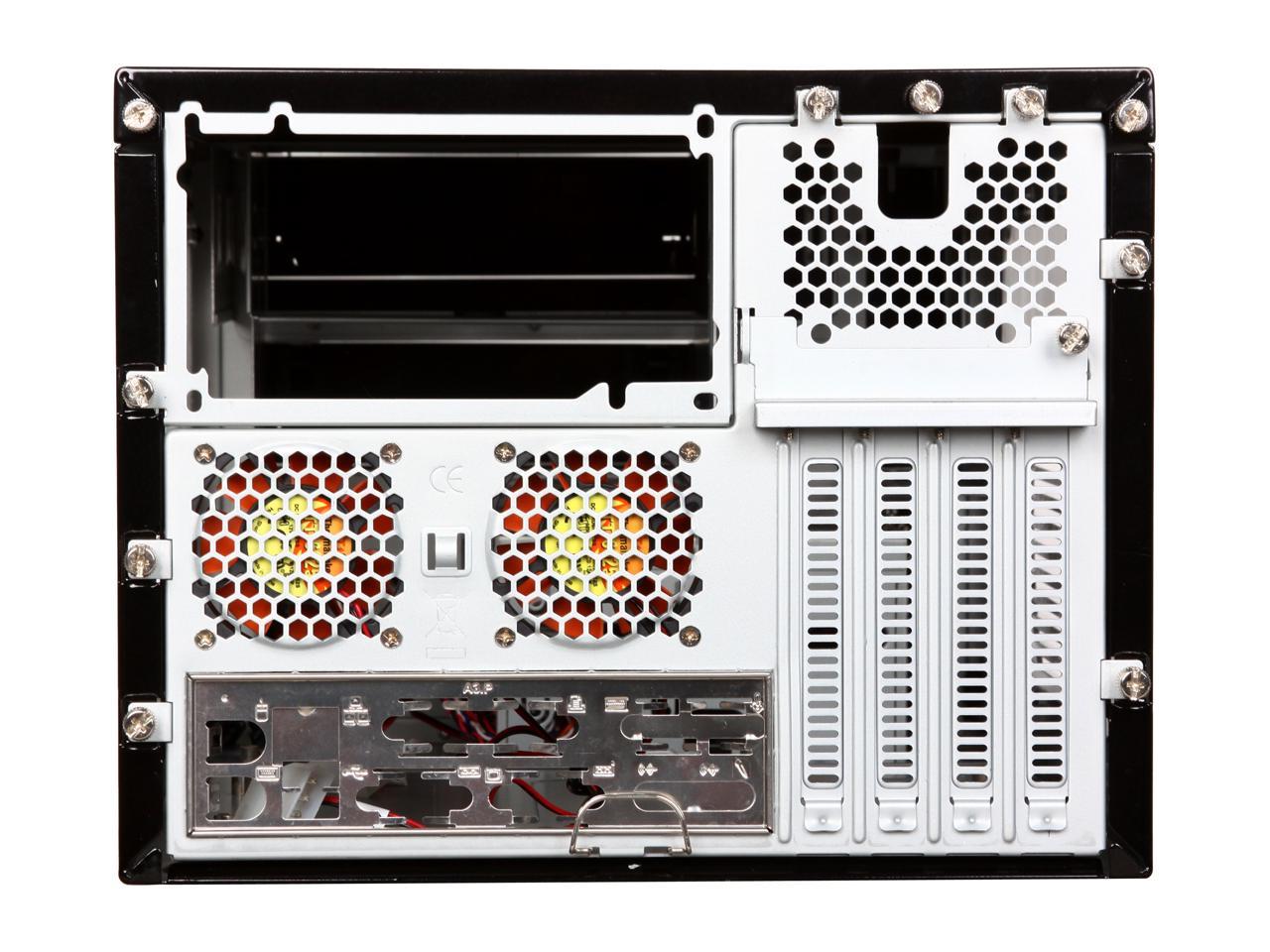

- #Lightweight media center os how to#
- #Lightweight media center os install#
- #Lightweight media center os update#
- #Lightweight media center os software#
- #Lightweight media center os tv#
RetroPie has evolved over the years and now includes a lot of real games. It has a huge selection of games from both common old arcade games and well-known modern classics.Īs a platform – for what are majorly veteran gamers – RetroPie has its user base well-defined as they are usually people that prefer retro games and as a result, settle for RetroPie. RetroPieįor the technically minded, RetroPie is one of the best Linux HTPC distributions out there. But OpenELEC boasts wider device compatibility. Thus, like OSMC it’s a Linux media center distro for embedded devices. Its name means Open Embedded Linux Entertainment Center. It’s based on the Linux Foundation’s Embedded Linux foundation, which is a well-established community of Linux enthusiasts. OpenELEC is designed to be a long-term solution for Linux enthusiasts. OpenELEC has installation candidates for Freescale iMX6 devices and Raspberry Pi. OpenELEC – Embedded Linux Entertainment Center With features that include a built-in HD player, music player, and equalizer. It’s designed from the ground up for ease of use. The main goal of OpenELEC is to provide a highly portable, easy-to-use solution for Linux enthusiasts. It’s available in two versions, the OpenELEC Edition and the WeTek E3D3T World Edition. OpenELEC is a Linux-based distribution that is optimized for low-end hardware. Its features include a built-in HD player, music player, and equalizer. OpenELEC is an open-source media center distribution, which is based on the Linux kernel and is optimized for tablets, smartphones, and limited hardware. As a strong candidate for media consumption, LINUX HOME ENTERTAINMENT SYSTEM, LinHES has been designed to playback just about any media files and datastores by ensuring prior compatibility for the majority of media files you’ll encounter. LinHES is just the latest in a lineage of computers that includes the original PAL and NTSC-based HP300 and ASUS’s P5BA. It also contains a full-featured music player, a video player (with four built-in video encoders), and an optional media server.
#Lightweight media center os software#
LinHES is a personal computer designed to playback media files and datastores, including video and audio, without the need for any special software or hardware. Without further ado, let’s delve right into the list in this article.
#Lightweight media center os install#
What they do is run Linux and install software on an operating system partition. But which one is best? Which one provides the most value? And which one is the most well-rounded?Īs a subset of the Linux family of operating systems, Linux media center distros are a tool that lets you run Linux on your computer without requiring a traditional hard drive or CD. To use, copy the text into a file called updatePlex.sh, make it executable (chmod +x updatePlex.There are a number of Linux media center distros out there, and some of them do more than one thing.
#Lightweight media center os update#
Thanks everyone for the replies like I said I greatly appreciate it!įor those of you who care or are in a similar situation, the script to update Plex Media Server on LibreELEC is here. Since I can use official builds now, I think I'm set with LibreELEC.
#Lightweight media center os how to#
UPDATE: I found a way to package up the official Plex Media Server builds and install it to LibreELEC! A user on the Unofficial Plex Media Server Addon for Kodi thread posted how to create your own updated addon. TL DR Need a software recommendation since Ubuntu and LibreELEC require hacks to get working. Thanks in advance I really appreciate the help! All other components such as audio, video, and Wi-Fi are working as expected on all platforms. I'm hoping for a recommendation for an OS or software package that integrates everything together with official hardware and software support and is sustainable for the long run. I could try to write a script that unmounts and remounts the FLIRC Universal Remote Receiver on Ubuntu or rely on the unofficial Plex Media Server Addon for Kodi until it's unsupported and figure out how to create my own Plex Media Server Addon on LibreELEC, but this causes instability. I'm worried this addon will eventually be abandoned.īoth Ubuntu and LibreELEC would require hacks to enable proper functionality over the long run. Currently, I'm using an unofficial Plex Media Server Addon for Kodi which is maintained by one person and is already out-of-date. It offers faster boot times and much less bloat, but makes it very difficult to host Plex Media Server since it doesn't support Debian or RHEL packages. LibreELEC, however, doesn't have this issue. The problem with both versions of Ubuntu is that from time-to-time Ubuntu on reboot will not recognize the FLIRC Universal Remote Receiver until it is unplugged and plugged back in which is a deal breaker. No physical access to hardware after setup
#Lightweight media center os tv#
An interface a non tech-savvy user could navigate using a TV remoteĢ4/7 remote access to local file system using SSH


 0 kommentar(er)
0 kommentar(er)
